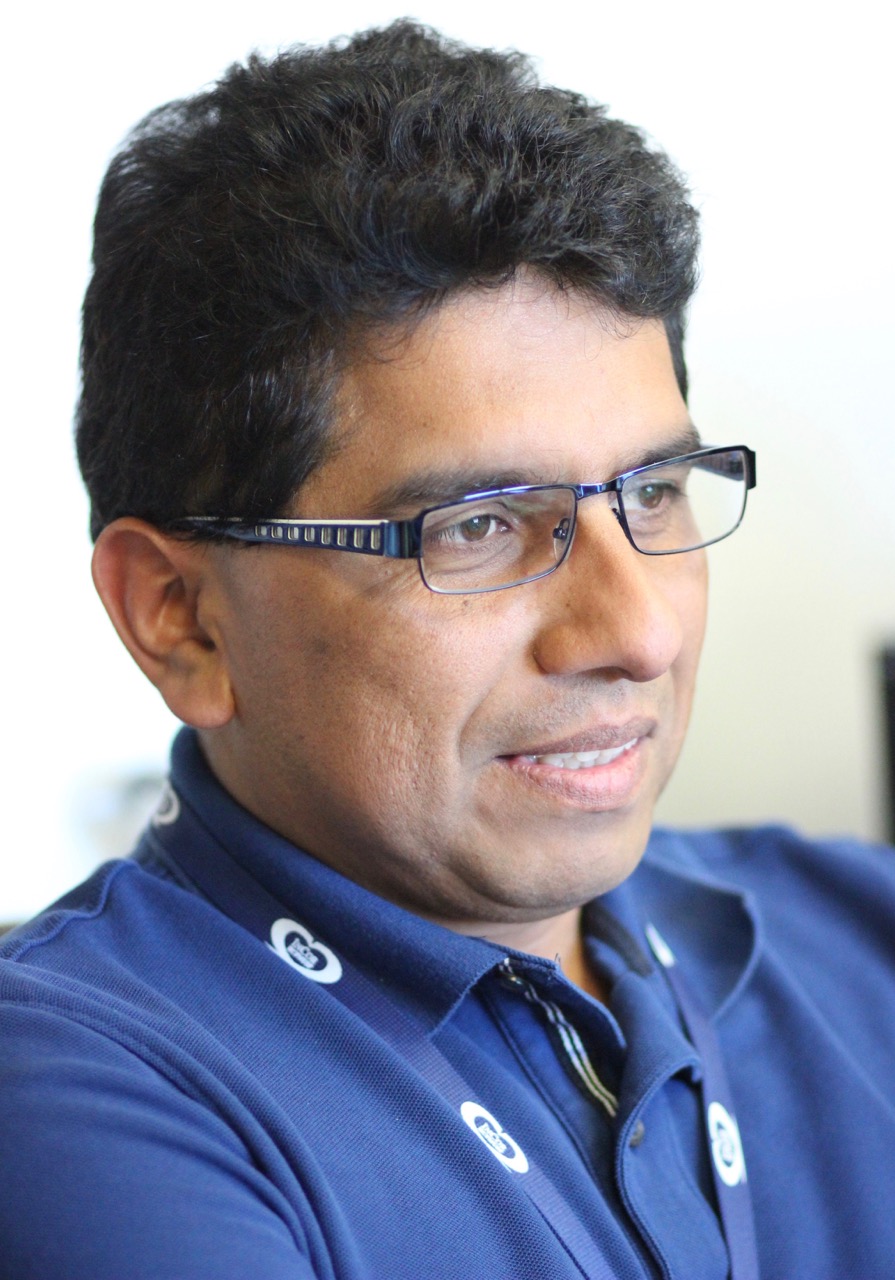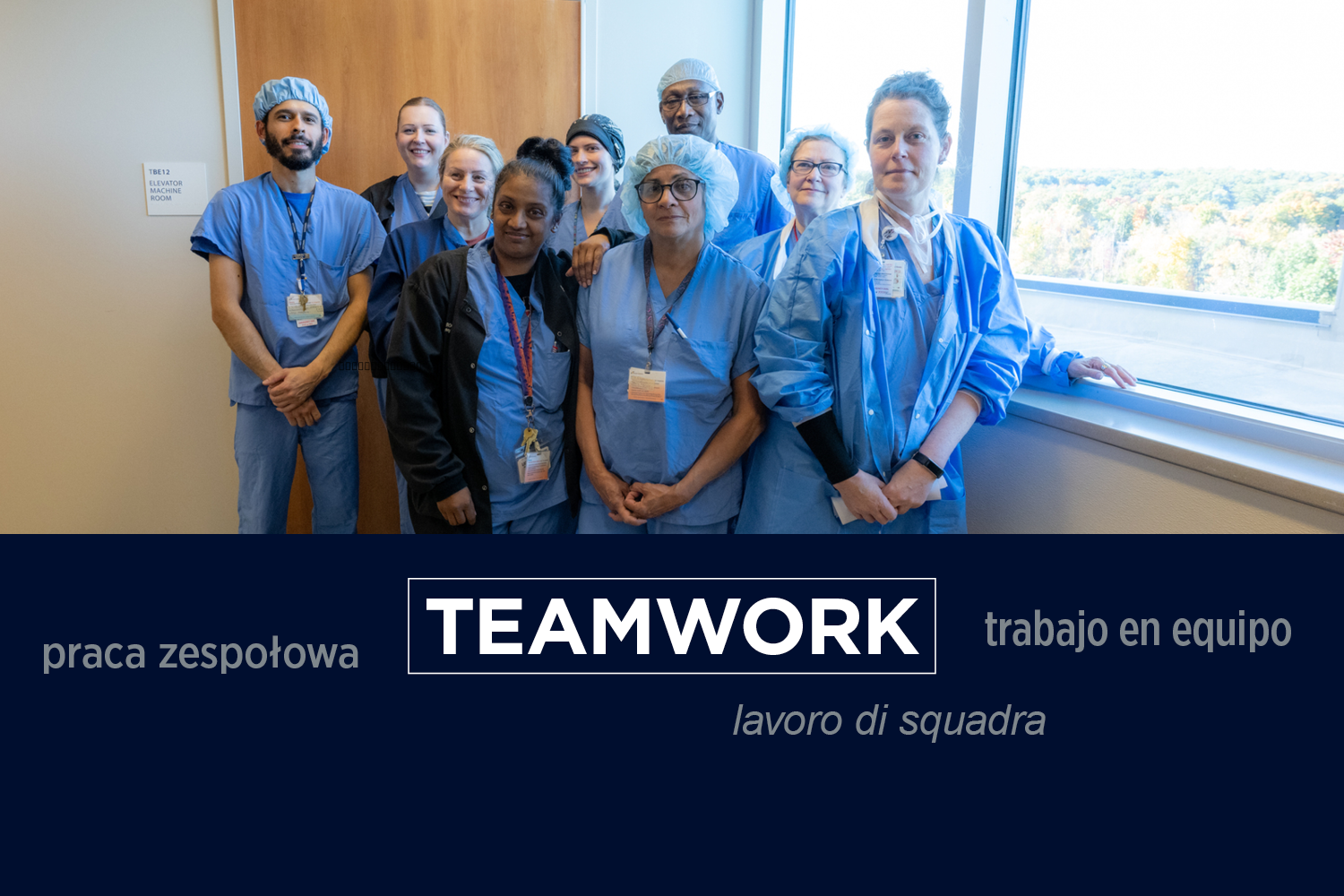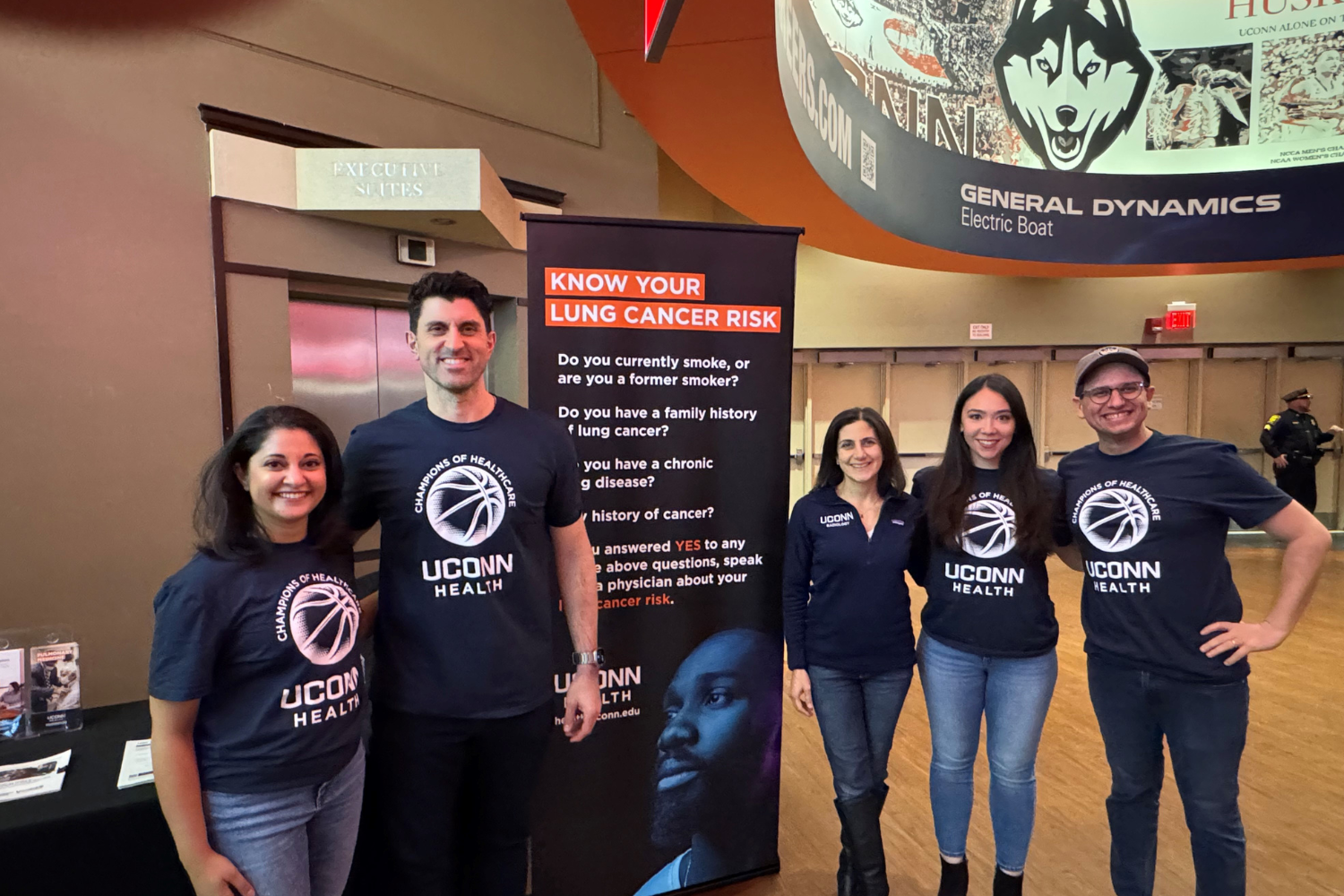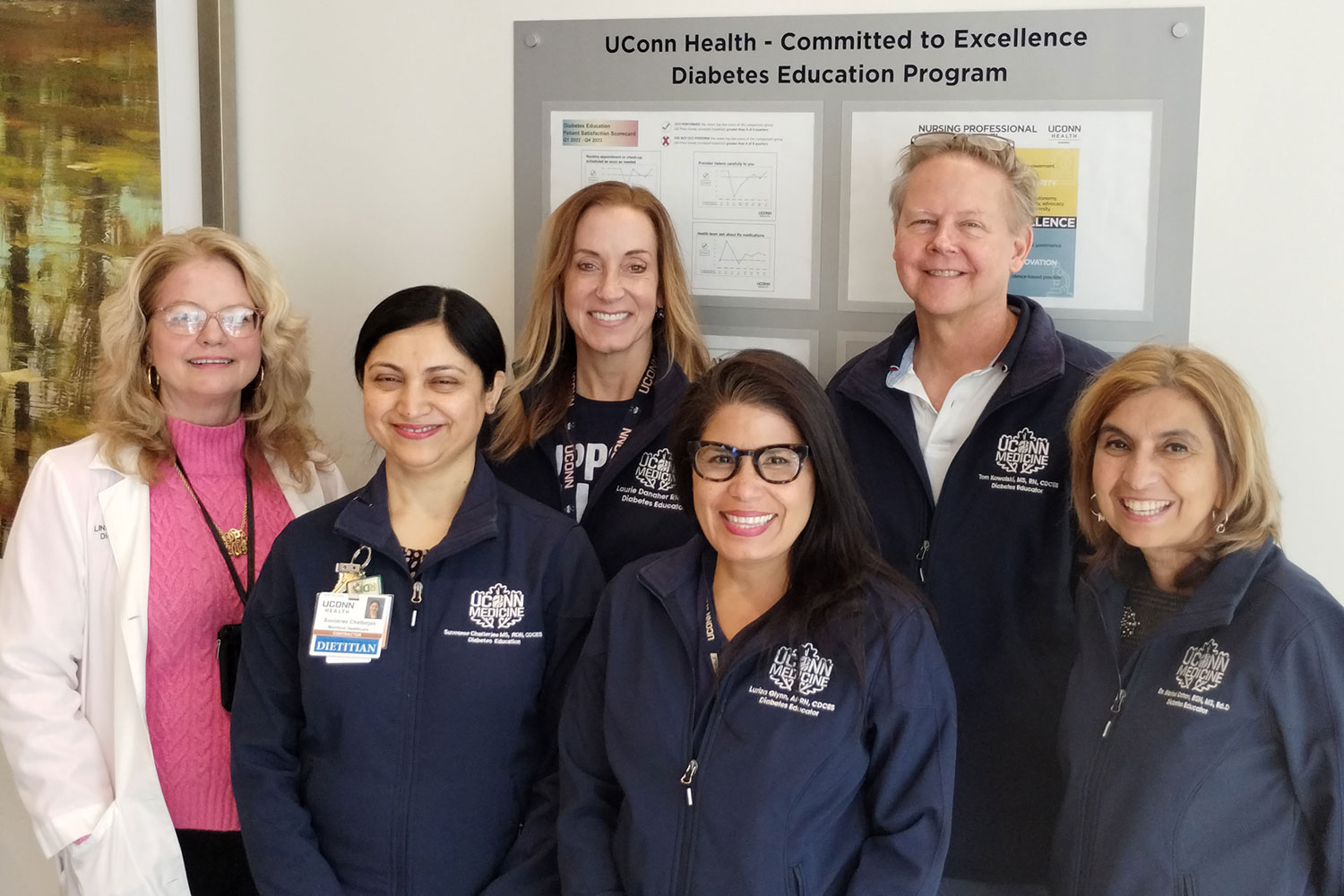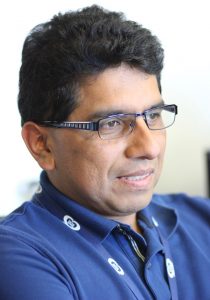
Adrian Hernandez could be forgiven if he sometimes has to check the schedule on his smartphone to make sure he’s in the right place at the right time. An international traveler with colleagues, family, and a broad range of research interests across the globe, his fluency in several languages comes in handy as he navigates his way through far-flung airports.
Hernandez joined the School of Pharmacy in November 2016 as associate professor of comparative effectiveness and outcomes research. He is part of the Health Outcomes Policy and Evidence Synthesis (HOPES) Group – a multidisciplinary cohort of faculty with specific interest in promoting optimal health outcomes through the use of systematic review and meta-analysis of data, economic modeling, clinical trials, and observational research. In addition, he teaches two graduate level courses in research and patient assessment.
A native of Peru where he earned his MD at the San Fernando School of Medicine, the Universidad Nacional Mayor de San Marcos, his academic career then took him to Rotterdam, The Netherlands, where he earned a Ph.D. in clinical epidemiology.
“As a young doctor,” he says, “I was totally committed to a career as a clinician. But I wanted to know more, and when I read research studies I was aware that my understanding of the data was only superficial. At that time, the government of the Netherlands was offering scholarships to foreign students interested in research training. I was accepted at Erasmus University and awarded a scholarship to study for my master’s degree in clinical epidemiology. I ended up staying on for a master’s in clinical research in cardiovascular diseases followed by a Ph.D. The decision to stay on for further study was life changing.”
In Rotterdam, Hernandez’s major advisor was Ewout Steyerberg, a world-renowned expert in predictive modeling techniques. When Steyerberg was approached by Michael Kattan, also a highly regarded expert in the same field who was looking for a research fellow for a short-term project based in New York City, Hernandez got the call. This successful collaboration subsequently led him to join Kattan at the Cleveland Clinic in 2007 where he worked for five years, honing his skills as assistant professor of medicine and clinical epidemiologist in the Department of Quantitative Health Sciences.
Family commitments eventually led Hernandez back to Peru and a teaching and research position at the Universidad Peruana de Ciencias Aplicadas (UPC) in Lima. However, a chance meeting he’d had with Craig Coleman, Professor of Pharmacy Practice and Co-Director of UConn’s Evidence-Based Practice Center within the HOPES Group, ultimately changed his professional trajectory.
“Craig and I were both doing poster presentations at American Heart Association conference in Orlando back in 2011, and it immediately became apparent that we shared many research interests. Over the years we stayed in touch and even collaborated on a number of papers.”
When the HOPES Group had a position that closely matched his area of expertise, Hernandez decided to apply for it. That led to an offer and the rest, as they say, is history. He and his wife Yuani, also a physician, arrived in Hartford late last year and immediately put down roots.
Hernandez comments that, all in all, moving to Connecticut has been an easy transition. “It’s been almost like coming to work with long-time friends,” he smiles. “Everyone has been very welcoming and they even laugh at my jokes.”
